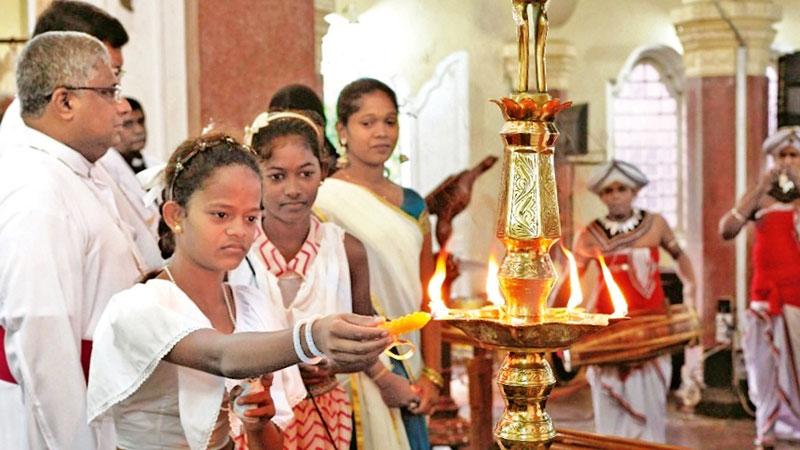
We all want children to grow up in a world free from discrimination, to reach for their dreams and feel that whatever they want to accomplish in life is possible. We want them to feel loved and included and never to experience the pain of rejection or exclusion.
But the reality is, we live in a world in which racism and other forms of bias continue to affect us. Discrimination hurts and leaves scars that could last a lifetime, affecting goals, ambitions and feelings of self-worth.
How can we best prepare children to meet the challenges and reap the benefits of the increasingly complex world they would inherit?
Child’s life
Research has found that children’s early childhood experiences are powerful in influencing their cultural understanding. Children develop ideas about racial identity and the attributes of cultural groups other than their own, as early at the age of three.
Cultural awareness is a term that is thrown around a lot nowadays - not just in education, but in politics and media too. Cultural awareness simply means acknowledging that there are other cultures other than your own, out there.
At first sight, it may sound simple. A parent might say, “Of course, I am well aware that people in our country have different traditions and festivals.”
That is just the beginning. There is so much more involved than the parent would realize. Culture isn’t just a list of festivals or shared recipes, different traditions or languages; it is a living experience unique to each individual.
Language, norms, traditions, and symbols - both tangible and intangible - are part and parcel of culture. It is crucial that a parent develops a basic understanding of cultural elements before passing them over to the child.
Parents’ role
We are fortunate to be in a country like Sri Lanka with a rich repository of culture and expression. The diverse ethnic and religious communities have their own means of expression in a variety of forms which play a significant role in our inter-racial and inter-religious relationships.
Parents who acknowledge and respect this diversity will understand the importance of teaching and promoting cultural awareness in their children.
These parents demonstrate genuine respect and care for the multi-cultural society in which they live. Children, naturally, would follow the parents.
Cultural awareness can be an adventure to a child. With the parents’ guidance, they can explore and become more knowledgeable – not only about their own cultures, but of others as well. This would result in them playing active roles in the diverse society they grow up in. They would develop the skills required to live together peacefully with others.
A parent should be willing to step beyond familiarity and reach for opportunities that would expose children to other cultures. How can they do this?
Parents can do this in a number of ways.
They can take their children to others’ ethnic festivals and events. Participating in such events creates a special experience that can help bond young children with others’ cultural traditions. Parents should explain to children that their personal traditions may be different to others and that all children do not celebrate the same festivals or have the same beliefs. But they must explain that those festivals are also elegant and beautiful.
One parent said, “Last month we went to visit a family that grew up in a different part of the country. Their language, food and dress were different. Luckily, they could communicate in English, and we exchanged ideas about our cultures and traditions. We enjoyed their food and participated in their festival. It was a thrilling experience for the children. They learned a lot about their traditions and are now friends.”
Parents can also build a music library of lullabies and other music, and read books that include characters of diverse populations. These are great opportunities for discussions and learning about other cultures.Visiting different restaurants and trying different foods can also be fun.
Teaching children to be bilingual or multilingual has many advantages. Being multilingual allows children to form relationships with other communities. It promotes an overall sense of cultural appreciation and understanding.
For example, a close relation of the family could be of a different ethnicity. This could be an opportunity to let the children mix with them to show that it is quite normal. Parents should explain to children that although some may speak different languages, or believe in different religions and have different customs, everyone deserves the same love and respect.
Getting exposure to different cultures can help a child understand that people can be culturally different but still have many things in common. It can be a great way to build up national integration.
World of sharing
When children are raised to respect cultural values, they are more likely to be open and accept new cultures as they grow into adults.The message is to teach children to see people as themselves, regardless of what part of the country they are from or what language they speak.
The more children have a good understanding about who they are and where they come from, the more they learn to move with grace and confidence among different communities, and the closer we get to building a world of respect, sharing, and humanity.
